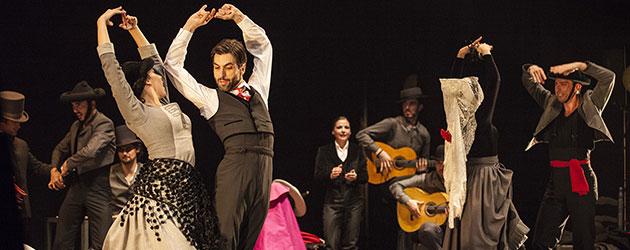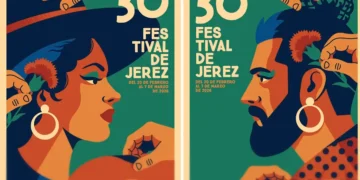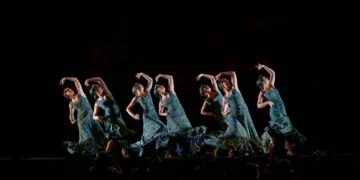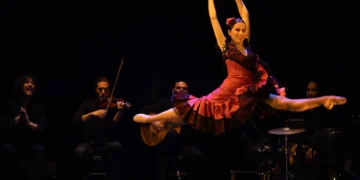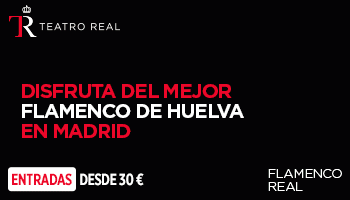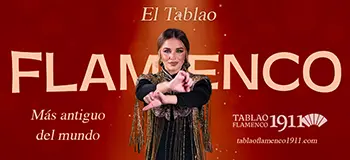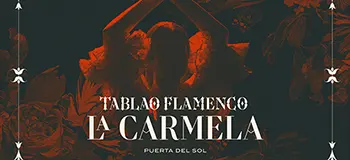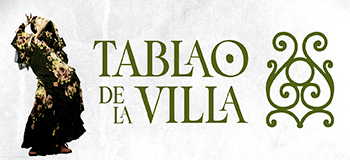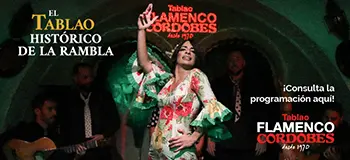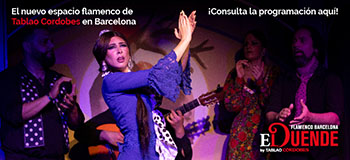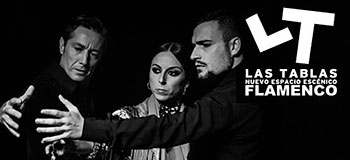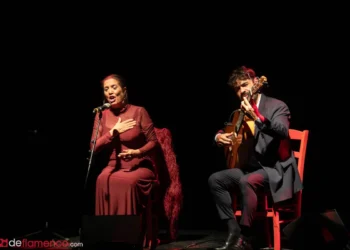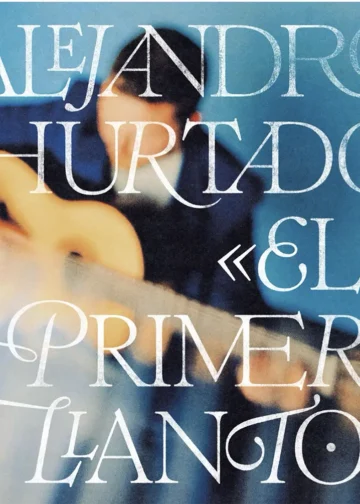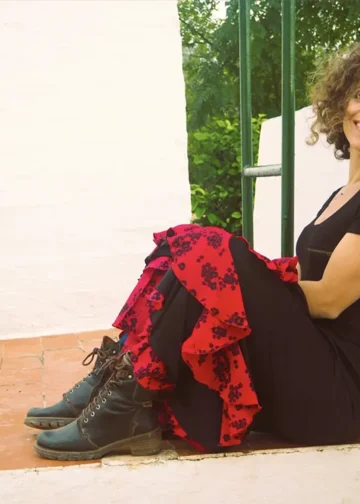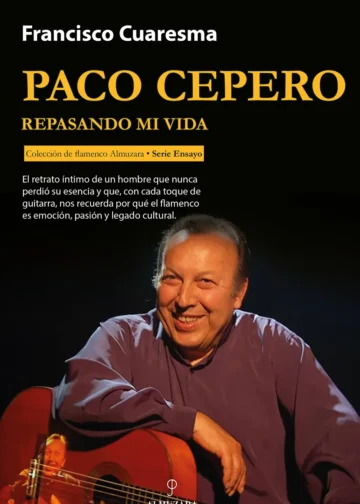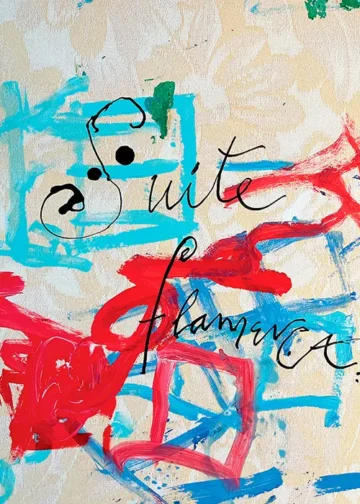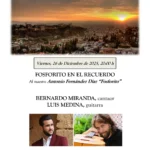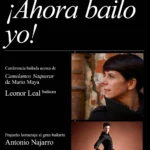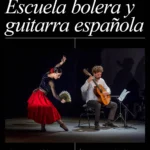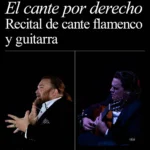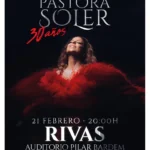Estela Zatania
Photos: Ana Palma
Friday, February 24th, 2017. Jerez de la Frontera
Special 21th Festival de Jerez – All the information
BACK TO THE FUTURE WITH THE BALLET FLAMENCO DE ANDALUCÍA
Artistic director: Rafael Estévez. Original idea, choreography, stage direction: Valeriano Paños, Rafael Estévez. Original music: Jesús Guerrero. Composition and arrangements Requiem Final and Sevillana: Luis Prado. Stage design: Rafael Estévez, Ernesto de Ceano. Video creation: Patricio Hidalgo. Cast: Rafael Estévez. Main dancer: Valeriano Paños. Soloists: Sara Jiménez, Macarena López. Dancers: Irene Correa, Nadia González, Carmen Yanes, Marti Corbera, Borja Cortés, Eduardo Leal, Alberto Sellés. Guitar: Manuel Urbina, Pau Vallet. Singers: Sebastián Cruz, Matías López “El Mati”, José Luis García “Cheíto”. (video)
Andalusia Day is next February 28th, and we’re all on a long weekend here. The streets of Jerez are full of life and music, and even the previous day’s rain knew enough to stop for the opening of the twenty-first Festival de Jerez that last night got underway with the spectacular show of the much-awarded Ballet Flamenco de Andalucia, debuting a new work and director, “…Aquel Silverio”, and Rafael Estévez, respectively.
The collaboration of the Instituto Andaluz del Flamenco made possible a wide range of resources: the beautiful historic wardrobe, the well-ordered staging, singers and guitarists who were far more than competent for this complex job and the exemplary preparation and discipline of the dancers. The artistic tandem of Estévez and Valeriano Paños has a history of successes. Paños, with his surprising strength and technical perfection, and Estévez with his limitless imagination and exuberance, complement one another: the perfect mix of cerebral and visceral.
You feel the imaginary presence of Silverio Franconetti (Seville 1830-1889), considered to be one of flamenco’s founding fathers. His bullfight period, the Uruguayan military, businessman…although there is no intent to depict the man’s biography. Committed to the artform, Estévez and Paños delve into the past, avoiding all pretense of imitation, seeking their own contemporary vision within what went before, what amounts to inserting the past into the future like a sock turned inside-out. Seeing the work, you have the feeling of being a privileged observer of that historic time when flamenco, pre-flamenco and the bolero school were coming together to set out on an exciting journey back to the future which is our own present.
This work, which Estévez described at the press conference as “a modern choreographic musical fantasy”, has a dark ending that falls flat, depriving the audience of the pleasure of giving the enthusiastic ovation that was so well-deserved. But there were wonderful moments. The folkloric abandolao rhythm that dominates the first part with panaderos, jaleos, alegrías jotescas…polos, rondeña, jabera and caña, soleá apolá, serrana, petenera, and a delightful segment devoted to cantinas, with caracoles, romeras and mirabrás, possibly the best part of the show, seguiriyas of course, and the famous cabal of Silverio, among other noteworthy segments.
At midnight, at the González Byass Bodega, we were able to enjoy a recital of the much-admired Jerez guitarist, Manuel Parrilla, accompanied by his brothers, Juan and Bernardo on violin and flute respectively, and the rough-hewn voice of Dolores Agujetas, with the percussion of Ané Carrasco, the rhythm of Carlos Grilo and Juan Diego Valencia, and the singing of El Londro and Sandra Rincón. (video)
Todo esto, y las exposiciones “Angelita, Baile y Magisterio” dedicada a la figura querida de Angelita Gómez, y “Bailaoras” de Paco Sánchez, entre muchas otras actividades paralelas que iremos comentando sobre la marcha.
Descubre más desde Revista DeFlamenco.com
Suscríbete y recibe las últimas entradas en tu correo electrónico.


